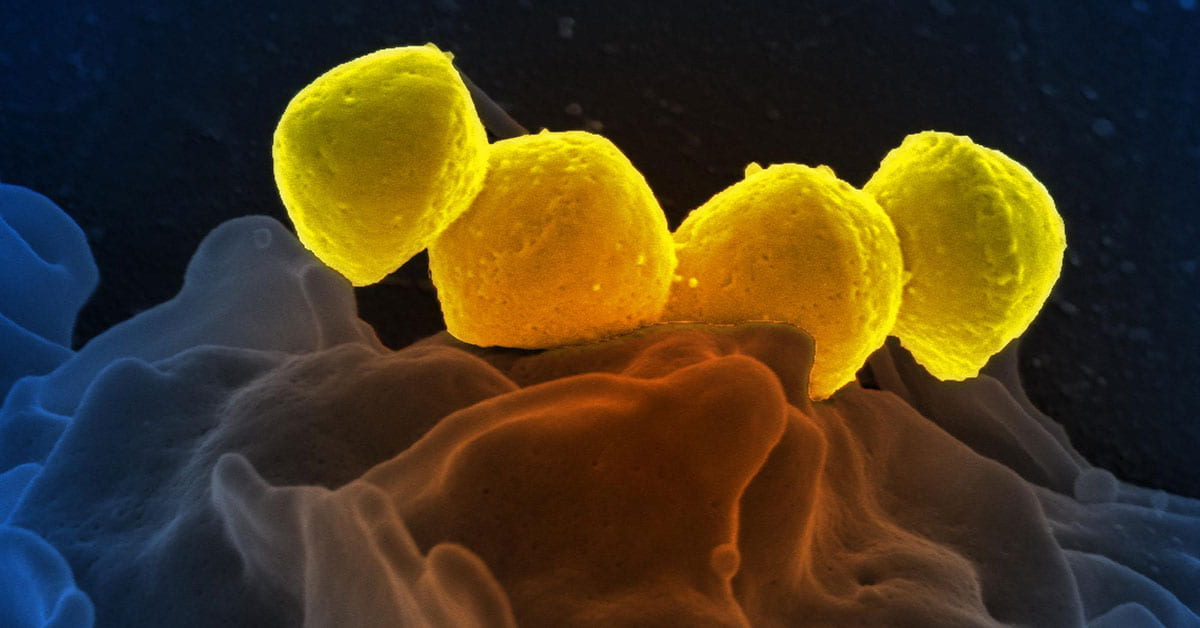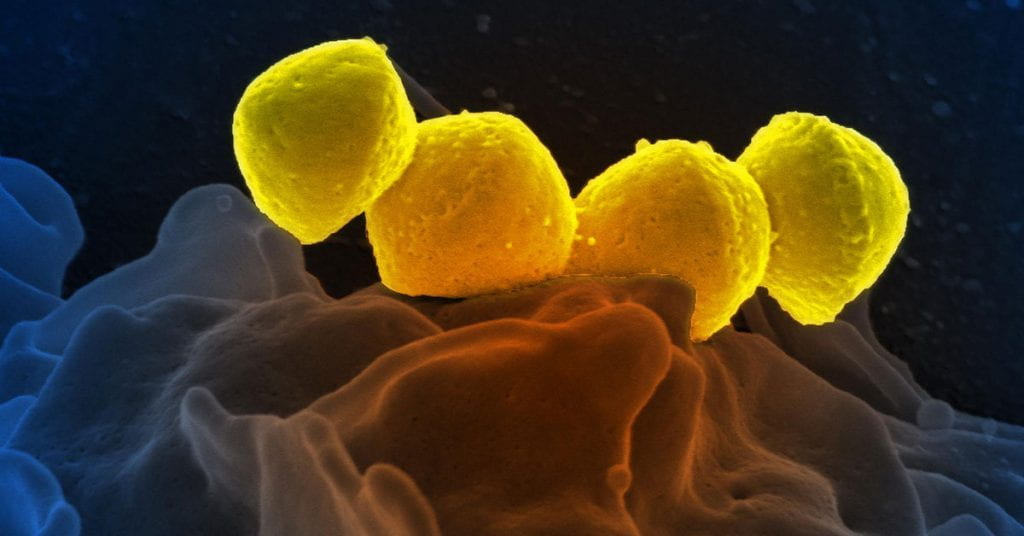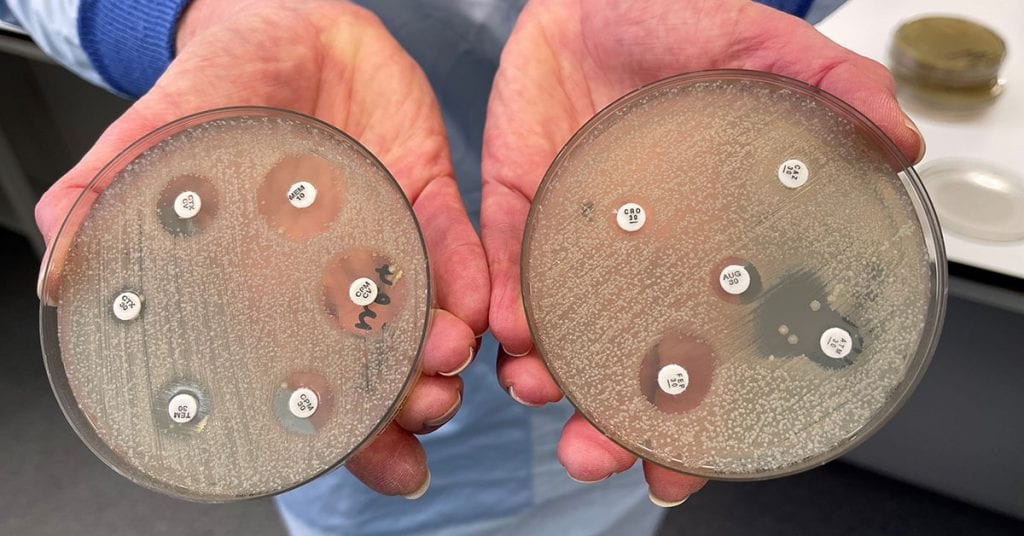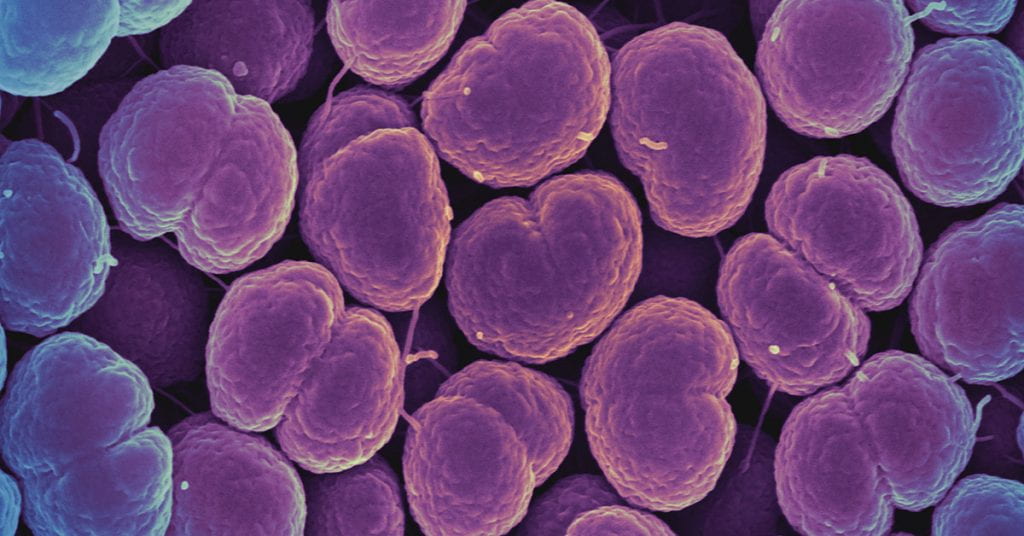Infectious disease and antimicrobial resistance – project details
In 2018, our Office published a short summary detailing why drug-resistant infections – that can’t be treated with common medicines – pose an imminent threat to Aotearoa New Zealand. Since then, the COVID-19 pandemic has shown how an infectious disease with no effective treatment available can significantly impact our lives.
Our major project for 2021 was on infectious disease, with a particular focus on drug-resistant infections (also known as antimicrobial resistance, AMR). It provides an evidence synthesis, contextualised for Aotearoa New Zealand, with recommendations to mitigate the risk of infectious disease and AMR. The report is available here.

Group A Streptococcus and acute rheumatic fever in Aotearoa New Zealand
Our panel
Our panel is a diverse group with varied areas of expertise, convened by Juliet. The panel provided guidance to the OPMCSA in preparing an evidence summary and developing recommendations.
Ngāpuhi / University of Auckland / Papakura Marae Health Clinic
Kāi Tahu, Kāti Māmoe / University of Auckland
University of Otago
University of Canterbury
University of Auckland / Auckland District Health Board
Canterbury District Health Board
University of Otago
Dianne has received numerous awards for her PhD and other research work. Her research interests include immunology, rheumatic fever, immunogenetics, cancer and pharmacology. Dianne is of Tongan descent and also has strong research interests in areas of health research relevant to Pacific populations living in New Zealand and in the region.
ESR
Massey University
University of Auckland
Siouxsie also has a keen interest in demystifying science; she is a tweeter, blogger, podcaster, and media science commentator, and has worked with artists to make living works of art for various exhibitions in Aotearoa and overseas. In 2017 she published her first book, ‘Antibiotic resistance: the end of modern medicine?’, and recently collaborated with her daughter to make a kid’s show about microbiology.
Panel meeting materials
19 April 2021
Our reference group
We drew on the wider reference group for information and feedback as we navigated this project. There were more than 280 people on our reference group and we look forward to working with you all.
If you’d like to be on the reference group, please get in touch.
Previous work
Read the 2018 briefing ‘Antimicrobial resistance: An imminent threat to Aotearoa New Zealand’
See an AMR resource sheet collated in 2018 (PDF, 150KB)
Resources for science education
The Science Learning Hub has written an article which covers an introduction to the history of antibiotics, reasons behind resistance, common-sense approaches we can take, and research looking at novel solutions. It also curates Hub resources on the topic, houses three Royal Society Te Apārangi videos and features student work on antibiotic resistance posters.
In the news
Rheumatic fever evidence review released
Our office has produced an evidence synthesis on rheumatic fever in Aotearoa New Zealand as part of our major project on infectious diseases and antimicrobial resistance.
Out and about on the AMR beat
We’ve been making the most of a COVID-free South Island, getting out and about as part of our project on antimicrobial resistance and infectious disease.
Introducing our next major project
We are now ramping up work on our big project for 2021, titled 'Kotahitanga: Uniting Aotearoa against infectious diseases and antimicrobial resistance'.



